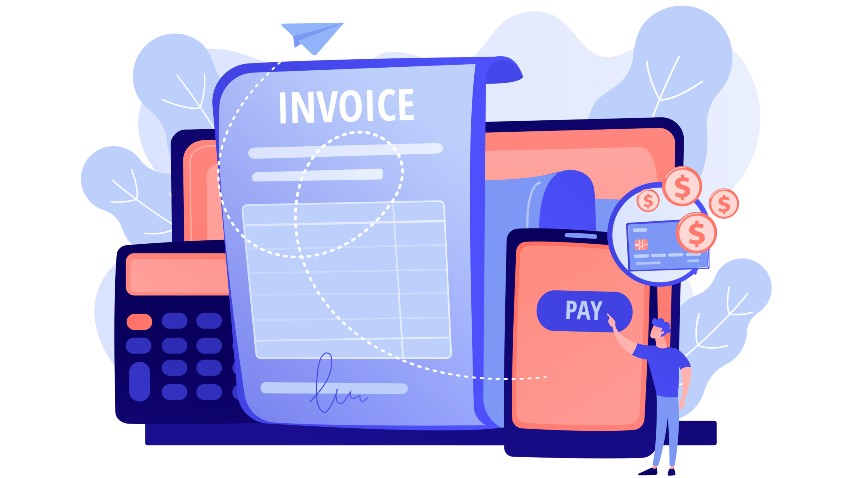Best Practices for Invoice Verification and Approval
Best Practices for Invoice Verification and Approval
Blog Article
Effective verification and approval processes are crucial for accurate financial management and maintaining strong supplier relationships. Explore these best practices to streamline your invoice verification and approval workflows.
Establish Clear Procedures for Verification
1. Verify Accuracy of Invoice Details
Thoroughly review each invoice for accuracy, including invoice number, date, vendor details, item descriptions, quantities, prices, and applicable taxes. This ensures compliance with purchase orders and contract terms.
2. Cross-Check with Purchase Orders and Receipts
Compare the invoice against corresponding purchase orders (POs) and goods receipts. Automated matching systems can expedite this process, minimizing discrepancies and facilitating faster approvals.

Implement Efficient Approval Workflows
3. Define Approval Authorities and Limits
Establish clear approval authorities and thresholds based on invoice amounts or departments. This ensures invoices are reviewed and approved by authorized personnel, reducing delays and errors.
4. Utilize Electronic Approval Systems
Implement electronic approval systems or software that allows stakeholders to review and approve invoices digitally. This improves transparency, reduces paperwork, and accelerates the approval cycle.
Enhance Communication and Collaboration
5. Foster Communication with Suppliers
Maintain open communication channels with suppliers regarding invoice submission and verification processes. Clear expectations help prevent misunderstandings and delays in processing.
6. Collaborate Across Departments
Facilitate collaboration between finance, procurement, and other relevant departments involved in invoice verification and approval. Clear communication ensures alignment on invoice processing timelines and requirements.
Ensure Compliance and Documentation
7. Adhere to Regulatory Requirements
Stay informed about regulatory requirements related to invoice processing, tax compliance, and record-keeping. Ensure all invoices adhere to legal standards and internal policies.
8. Maintain Comprehensive Documentation
Document all steps of the verification and approval process, including approvals obtained and any discrepancies resolved. Proper documentation supports audit readiness and financial transparency.
Conclusion
How to process an invoice? Adopting best practices for invoice verification and approval is essential for optimizing financial operations and maintaining credibility with suppliers. By establishing clear procedures, leveraging technology for efficiency, fostering collaboration, and ensuring compliance, organizations can streamline invoice processing workflows effectively.
Report this page